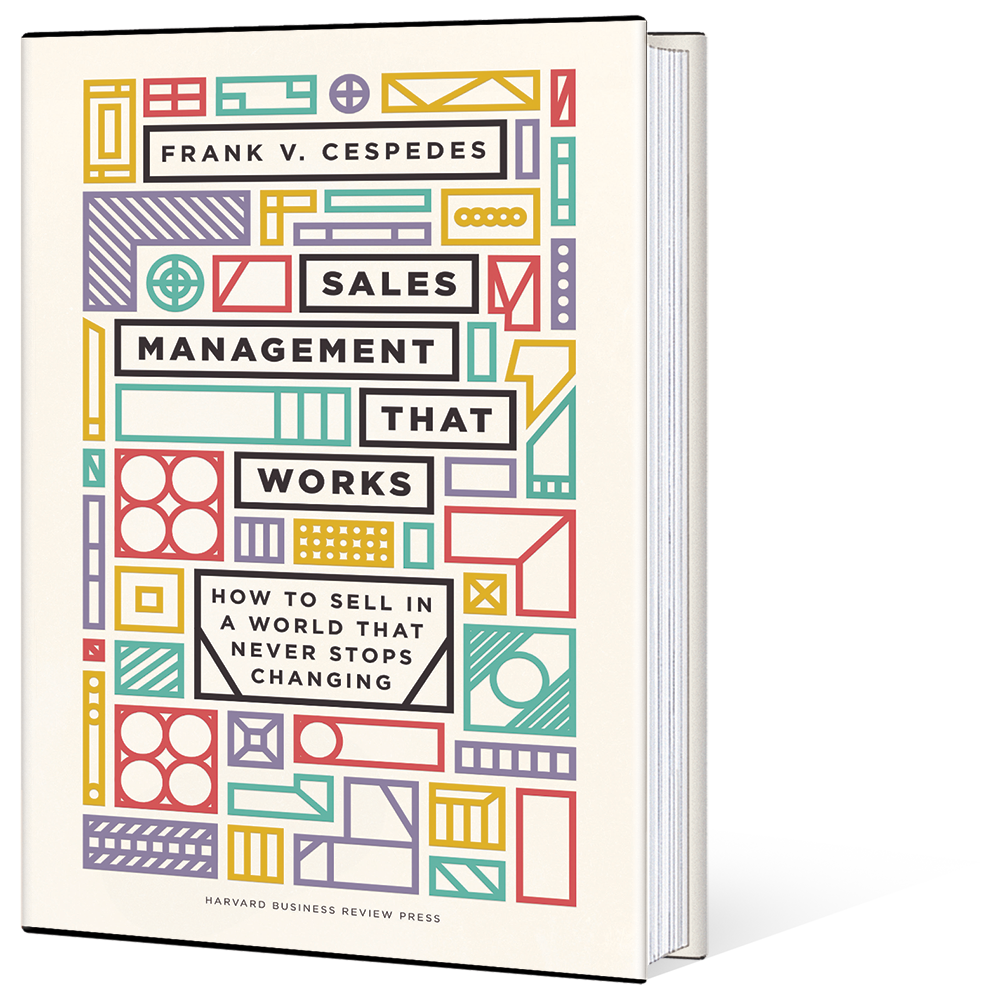What does it take to be a good salesperson? There’s a wide range of responses. Most reflect what you’d expect to find in the Boy Scout Handbook, with commonly cited traits like modesty, listening, curiosity, achievement orientation, and lack of discouragement. In pop culture, it’s a different story. Salespeople are represented by the likes of Leonardo DiCaprio’s flamboyant character in The Wolf of Wall Street, who addresses a group on how to make a sale by challenging them to “sell me this pen.” And popular business author Dan Pink comes at it from yet another angle, touting a personality study which claims that “ambiverts” (people neither extremely introverted or extroverted) sell best.
These traits are so broad that, at best, they simply say that people tend to do business with people they like (but not always and not as often as many sales trainers assume). At worst, they recycle the old cynical description of a salesperson as someone who practices “the art of arresting the human intelligence long enough to get money from it.” In both cases, they’re stereotypes — formulaic and hackneyed images that obscure the realities.
For the realities, look at successful entrepreneurs—most of whom, in early-stage ventures, must sell—and their diverse paths. Jim Koch, for instance, went from bar to bar with six packs of beer to get Sam Adams started. Larry Ellison adopted famously aggressive sales tactics when he started Oracle Technology, a business where, if you win, you win a long-term contract and a string of licensing fees, and if you lose, you’re out of that account for years. It pays to be aggressive in that situation. But Mary Kay Ash focused her cosmetics salespeople on a combination of visible incentives (the signature pink Cadillacs), the intrinsic rewards and constant celebration of female achievement (when outlets for such achievements were more limited), and the kinder and gentler power of social networks.


